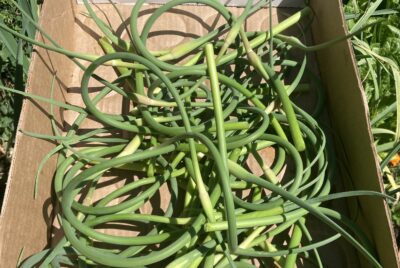RESEARCH
Digging for Dementia: Exploring the Experience of Community Gardening from the Perspectives of People with Dementia
Summary
This study explores the experiences of people with dementia participating in a six-week community gardening program at a day center in Glasgow, Scotland. Through interviews and observations, researchers found that gardening helped participants express their identities, regain a sense of agency, and build new social connections. For example, lifelong gardeners like Arthur rediscovered their skills and independence, while others enjoyed sharing knowledge or taking on leadership roles. The collaborative nature of the sessions allowed participants to choose activities, fostering autonomy and freedom often lacking in their daily lives. Additionally, gardening created a new social dynamic among participants, forming bonds based on shared interests rather than their shared diagnosis of dementia.
The findings highlight that gardening is more than just a recreational activity for people with dementia—it provides opportunities for self-expression, empowerment, and community building. Participants demonstrated resistance to stereotypes associated with dementia by defying expectations and showcasing their abilities. The study concludes that gardening can promote well-being by offering meaningful engagement, fostering relational citizenship, and creating spaces for social capital. Future research is recommended to explore larger-scale programs and address barriers like transportation and accessibility.







